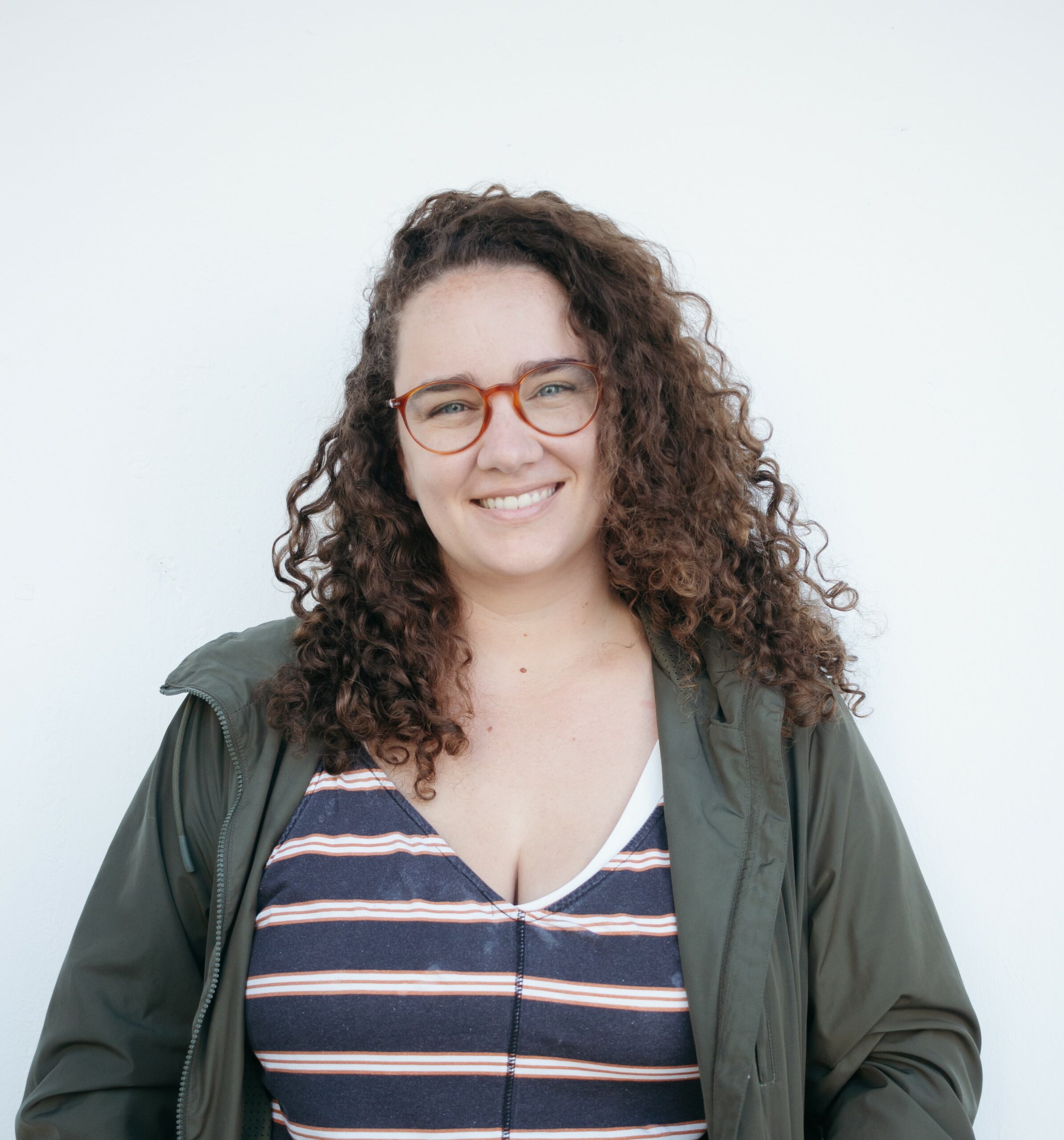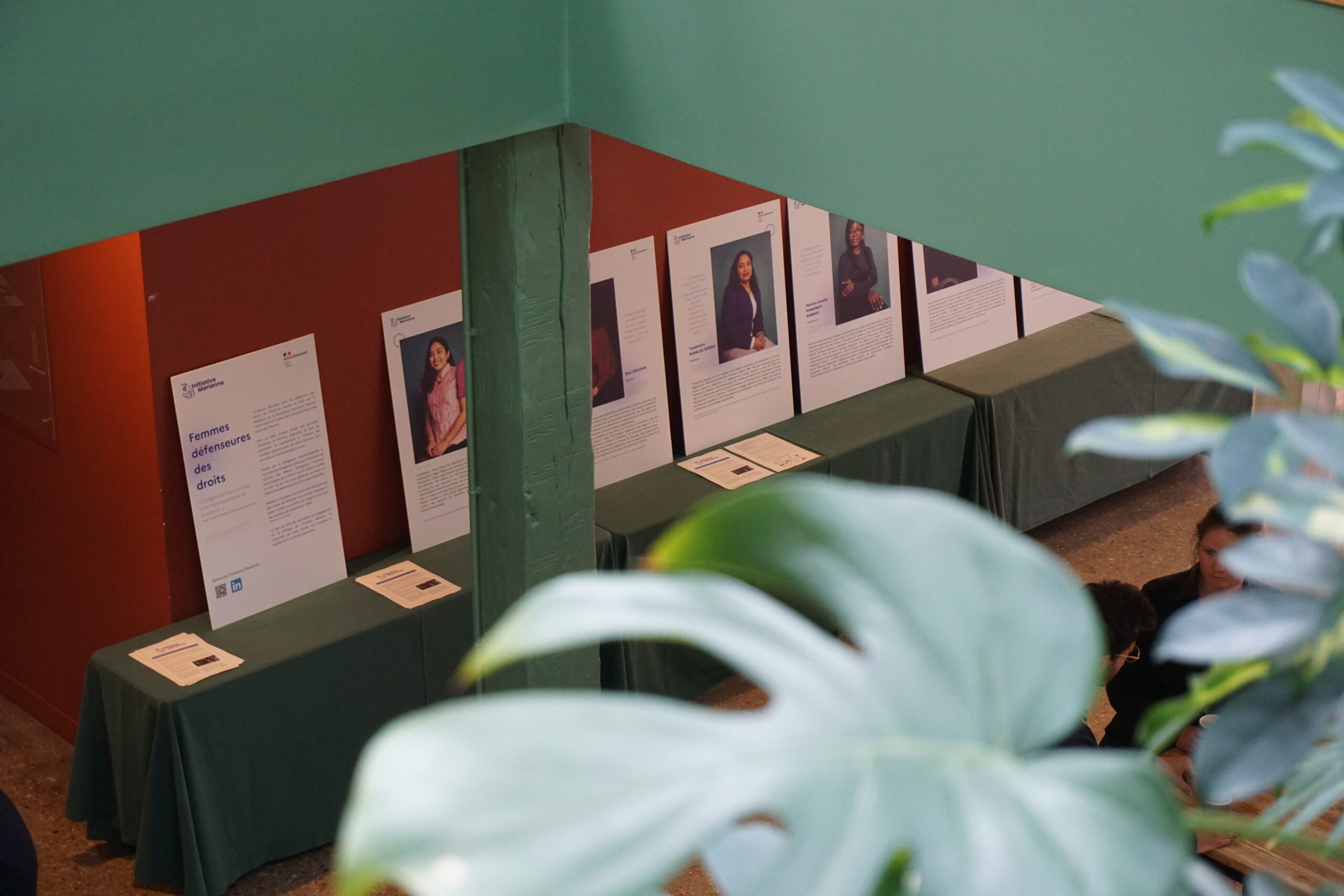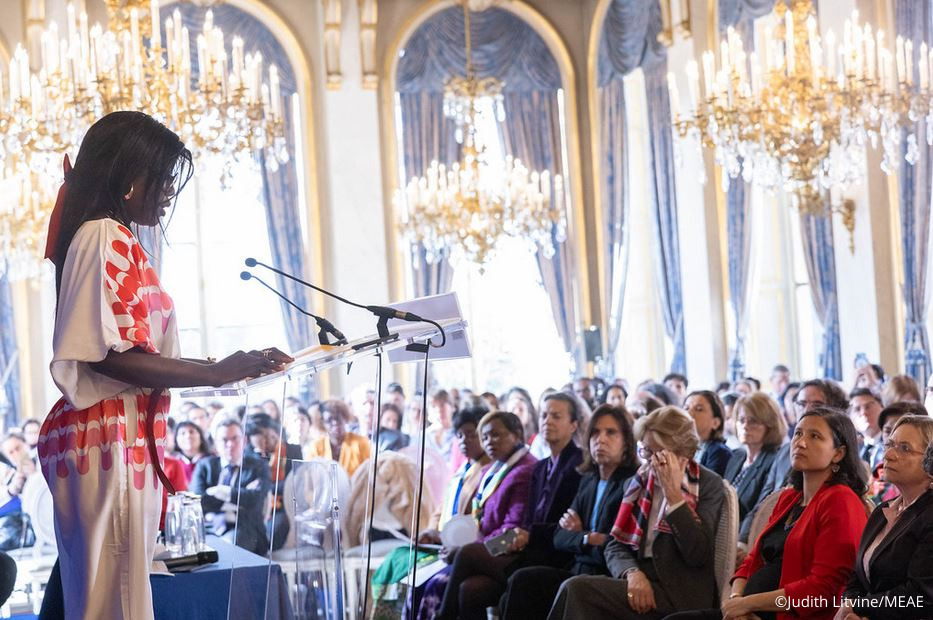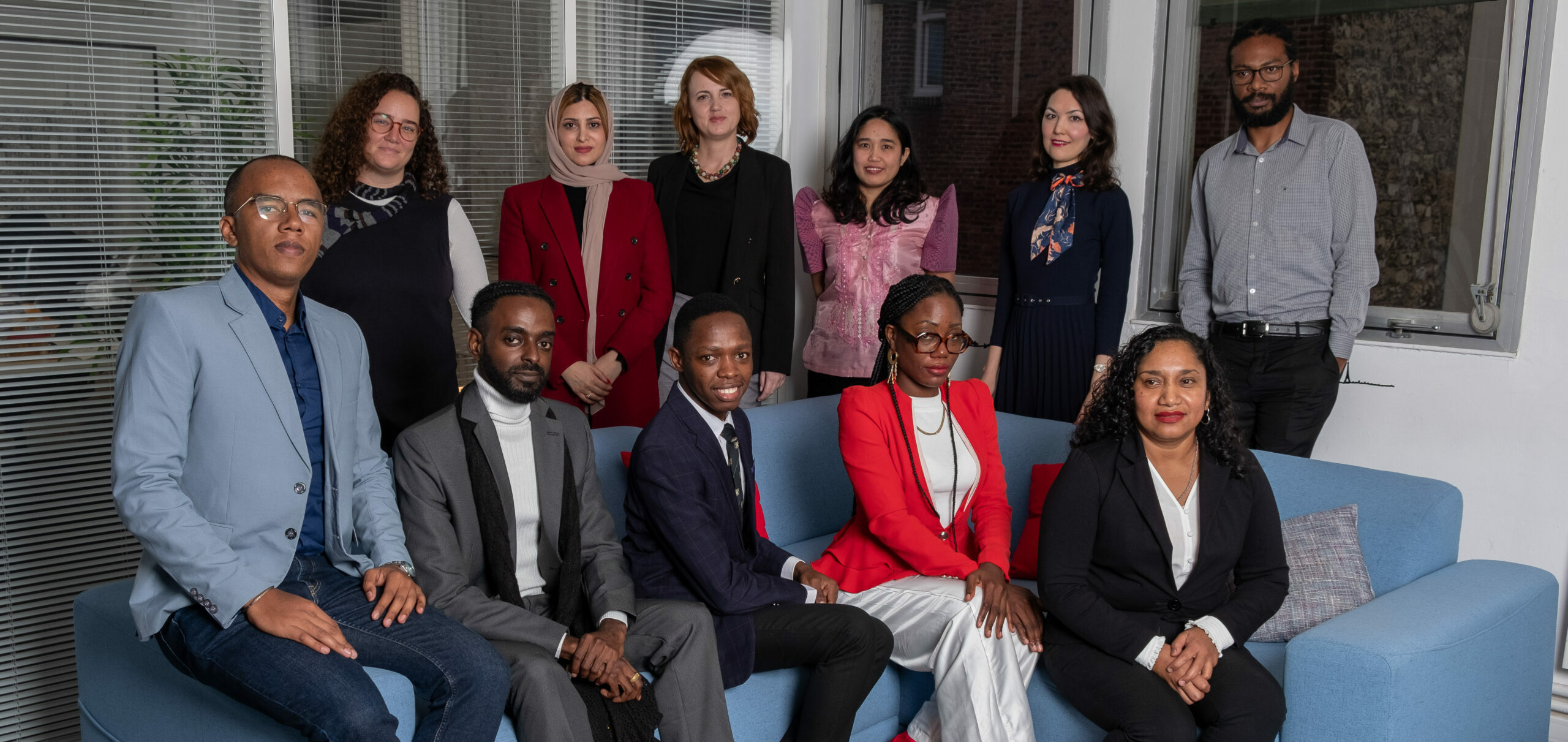
Description
Enrica Duncan is an intersectional feminist activist from Brazil. She is a political scientist and member of the Conflict Resolution, Development and Peace program at the United Nations University for Peace. Her fight for human rights began with civic engagement in the local Meu Rio project, before moving on to the feminist organization NOSSAS. Since 2018, she has dedicated herself to promoting women's rights, and particularly to supporting survivors of gender-based violence. She co-founded Mapa do Acolhimento in 2017, an organization recruiting and training psychologists and lawyers to offer pro bono support to survivors of gender-based violence.
"Access to mental health and justice prevents the perpetuation of violence against women."
Interview with Enrica Duncan - March 5, 2024
Could you please introduce yourself?
I'm Enrica Duncan, an intersectional feminist activist from Brazil. [nb : intersectional feminism defends gender equality and social justice. It recognizes different systems of oppression based on characteristics of social identity (race, class, gender identity, sexual orientation, ability, religion, etc.)]. The Brazilian protest movements of 2013 convinced me of the importance of civil and social participation for Brazilian society. That's why in 2014, I began my civic engagement with the local Meu Rio project. I later joined the feminist organization NOSSAS and, in 2018, I committed myself alongside the feminist movement and more specifically to supporting survivors of gender-based violence in Brazil. I had the opportunity to live abroad, which enabled me to acquire a global vision of women's rights issues.
Can you describe your commitment as a human rights defender?
My commitment revolves around two perspectives:
- The first is that solutions must be collective. As an organization, we are but a pawn in a game that is bigger than ourselves, and in which it is important to be supported.
- The second perspective is that, in order to change the existing system, it is necessary to change government structures. In Brazil, there are many health institutions, but none specifically for survivors of gender-based violence.
So, as an organization, we are implementing solutions to compensate for state shortcomings, but this is only possible thanks to collaboration between structures. For what we're working on to endure over time, we need to establish connections between Brazilian players.
Since 2017, we have created Mapa do Acolhimento, an organization dedicated to women. The idea was to have a specific structure in order to act on a target audience. Mapa works, supported by collective action, to change the Brazilian system. Its action is essential and has an impact on the lives of thousands of Brazilian women, in particular to prevent the many feminicides in Brazil.
Why did you decide to get involved in human rights?
I decided to get involved in the promotion of women's rights, because I wanted to have a more global perspective than the territorial themes with which I had begun my involvement. The theme of gender-based violence gave me that perspective, covering physical, psychological, financial and family violence. This systemic violence can be found in all sectors of society (work, studies in particular), but also in the freedoms granted to women. Contrary to Brazilian collective thinking, gender-based violence is not confined to women's homes, but is present everywhere in society. This violence is ignored, even though feminicides could have been avoided if we had listened to them. These shortcomings highlight the need to create initiatives to combat these situations. We need to change governmental and social perceptions, in order to change the system. It's a difficult goal, but a highly motivating one in my opinion.
What do you expect from the Marianne Initiative as you consolidate your project?
Within my organization, we propose a repertoire of actions and solutions to help victims of gender-based violence. However, these solutions can become obsolete or unsuitable, and we are constantly called upon to question them. My participation in the Marianne Initiative aims to question this repertoire, our work and to envisage other solutions. With the Marianne Initiative, I would like to create a democratic governance system that would give my organization the space and opportunities to acquire a new repertoire of actions.
The Initiative also provides a space for exchanges with other prizewinners on different themes and means of action. This has led me to question the feasibility of some of them in Brazil. These human links are crucial and offer new perspectives for the development of my business.
In addition, our six-month stay in France has led us to consider the possibility of Mapa becoming an organization recognized by the French system by developing a new structure in France, which would be very rewarding.
What activities have you found most useful since the program began?
One of the highlights of the first two months of the program was a visit to the Maison des Journalistes (MDJ). The MDJ team welcomes people who are victims of violence and in vulnerable situations, enabling them to create a community, which differs from my activities with Mapa. In fact, Mapa does not provide a physical welcome, but only psychological and legal support. This visit was inspiring for me because it enabled me to see the diversity and perspectives of a press freedom organization, my field of action prior to my current activism. Visits of this kind enable me to put the workings of my own organization into perspective with French organizations working on a variety of issues that echo our own. It also makes me realize that we're not alone in our work on human rights, and that there's a huge network of players out there.
What do the Marianne Initiative activities contribute to your commitment?
The activities of the Marianne Initiative program have provided me with fundamental knowledge of the many existing solutions to the problems I face in my commitment. Thanks to the training courses offered, I've been able to identify similarities and differences between Brazilian and French organizations, particularly when it comes to managing associations. In addition, the encounters I made as part of the program, such as with the Ambassador for Human Rights, Delphine Borione, and the Ambassador and General Secretary of the Forum Génération Egalité, Delphine O, will enable me to build up an important network.
I think the Marianne Initiative has a lot to contribute in the field of human rights, and I want to make the most of it.
Generally speaking, for Mapa do Acolhimento, the program allows me to reassure myself about the relevance of our decisions, our connection to the reality on the ground and the possibilities of carrying out other actions.
What do you plan to do after the program ends?
After the program, I'd like to return to Brazil to continue my activities. I hope to leave with new references, contacts and information acquired thanks to the Marianne Initiative.
Why do you think International Women's Rights Day is so important?
International Women's Rights Day and the 16 Days of Activism against Gender-based Violence in November are very important events. They highlight the sources of the problems that exist in our society, the reasons for our activism and the solutions that exist. They are major international events that inspire and inspire new dynamics of commitment.
In France, abortion has just been constitutionalized, so this year's Day is an opportunity to celebrate this victory. In many countries, such as Brazil, the right to abortion remains highly restricted and under threat.
These days are important occasions for activists to get together and celebrate these advances.
Would you like to add anything?
I'd really like to congratulate France on enshrining abortion in the Constitution!
Do you have a question? Please contact us!
Contact


